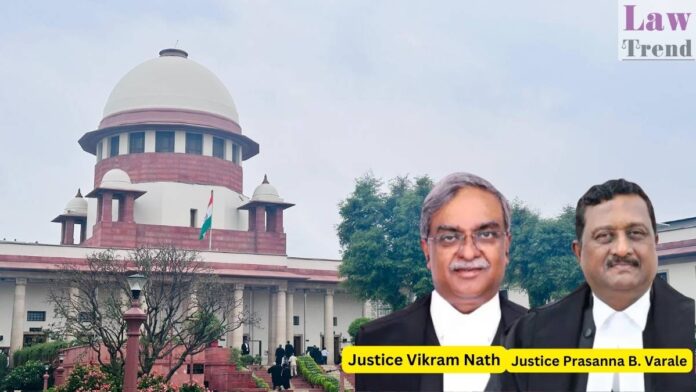The Supreme Court, comprising Justice Vikram Nath and Justice Prasanna B. Varale, has dismissed the appeals filed by Sakina Sultanali Sunesara against the Gujarat High Court’s Larger Bench judgment dated 28 August 2019 and a consequential Single Judge order dated 6 September 2019. The Court held that a litigant who was already a party to
To Read More Please Subscribe to VIP Membership for Unlimited Access to All the Articles, Download Available Copies of Judgments/Order, Acess to Central/State Bare Acts, Advertisement Free Content, Access to More than 4000 Legal Drafts( Readymade Editable Formats of Suits, Petitions, Writs, Legal Notices, Divorce Petitions, 138 Notices, Bail Applications etc.) in Hindi and English.




